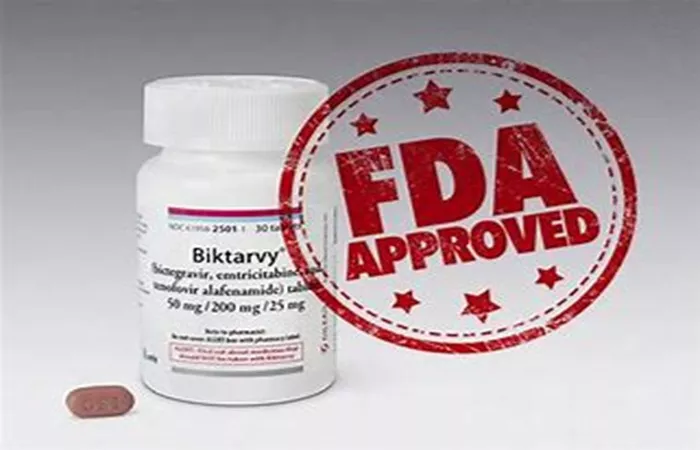Hives, also known as urticaria, are red, itchy, and sometimes painful welts that appear on the skin. They can be caused by various factors, including allergies, infections, stress, or even physical stimuli like heat or cold. Managing hives effectively is crucial for improving your quality of life. This article will explore the best medications for treating hives, their mechanisms of action, safety profiles, and suitability for long-term use.
Understanding Hives
Hives occur when the immune system releases histamine in response to an allergen or other triggers. Histamine causes blood vessels to dilate, leading to redness, swelling, and itching. Hives can be classified into two main types:
Acute Hives:Develop suddenly and usually resolve within hours or a few days.
Chronic Hives:Last for more than six weeks and often have no identifiable cause.
9 Best Medications for Hives
Antihistamines
Antihistamines are the first line of defense against hives. They work by blocking histamine, reducing symptoms like itching and redness.
Cetirizine (Zyrtec)
Form:Tablet, liquid
Effectiveness:Effective in managing hives and other allergic symptoms.
Safety:Generally non-drowsy and safe for long-term use.
Best For:People with moderate to severe hives who need long-term relief.
Loratadine (Claritin)
Form:Tablet, chewable tablet
Effectiveness:Effective in managing hives and other allergic symptoms.
Safety:Generally non-drowsy and safe for long-term use.
Best For:People with hives who need long-term relief.
Fexofenadine (Allegra)
Form:Tablet, liquid
Effectiveness:Effective in managing hives and other allergic symptoms.
Safety:Generally non-drowsy and safe for long-term use.
Best For:People with hives who need long-term relief.
Diphenhydramine (Benadryl)
Form:Tablet, liquid gel capsules
Effectiveness:Effective in managing hives and other allergic symptoms.
Safety:May cause drowsiness and is not suitable for long-term use.
Best For:People needing quick relief from severe hives.
Corticosteroids
Corticosteroids are highly effective in reducing inflammation and can provide rapid relief for severe hives. However, they should be used short-term due to potential side effects.
Prednisone
Form:Tablet
Effectiveness:Highly effective in reducing inflammation and hives.
Safety:Should be used under medical supervision due to potential side effects like elevated blood pressure, weight gain, and increased susceptibility to infections.
Best For:People with severe hives not responding to antihistamines.
Leukotriene Modifiers
Leukotriene modifiers block leukotrienes, chemicals involved in allergic reactions. They can be beneficial for chronic hives that do not respond to antihistamines alone.
Montelukast (Singulair)
Form:Tablet
Effectiveness:Effective in managing chronic hives when used in combination with antihistamines.
Safety:Generally safe but may cause side effects like headache, nausea, and cough.
Best For:People with chronic hives not responding to antihistamines.
Biologic Medications
Biologic medications are used for severe cases of chronic hives that do not respond to conventional treatments.
Omalizumab (Xolair)
Form:Injection
Effectiveness:Highly effective in managing severe chronic hives.
Safety:Should be used under medical supervision due to potential side effects like headache, dizziness, and a slightly higher chance of heart disease.
Best For:People with severe chronic hives not responding to other treatments.
Other Medications
Other medications may be used in specific cases or when other treatments are ineffective.
Doxepin (Silenor)
Form:Tablet
Effectiveness:Effective in managing chronic hives.
Safety:May cause drowsiness and dry mouth.
Best For:People with chronic hives not responding to antihistamines.
Cyclosporine (Neoral)
Form:Tablet
Effectiveness:Effective in managing severe chronic hives.
Safety:Should be used under medical supervision due to potential side effects like kidney damage and high blood pressure.
Best For:People with severe chronic hives not responding to other treatments.
Conclusion
Managing hives effectively requires the right choice of medication based on your specific symptoms and needs. Antihistamines like cetirizine, loratadine, and fexofenadine provide effective relief from hives and other allergic symptoms. Corticosteroids like prednisone offer rapid relief for severe hives but should be used short-term. Leukotriene modifiers like montelukast can be beneficial for chronic hives not responding to antihistamines. Biologic medications like omalizumab are used for severe chronic hives not responding to conventional treatments. Always consult with a healthcare provider to determine the best treatment plan for your specific needs. With the right approach, you can manage your hives and improve your overall comfort.
Relative topics:
What’s the 10 Strongest Nasal Steroid?
What’s the 9 Healthiest Allergy Medicine?
What’s the Best 9 Seasonal Allergy Relief?

